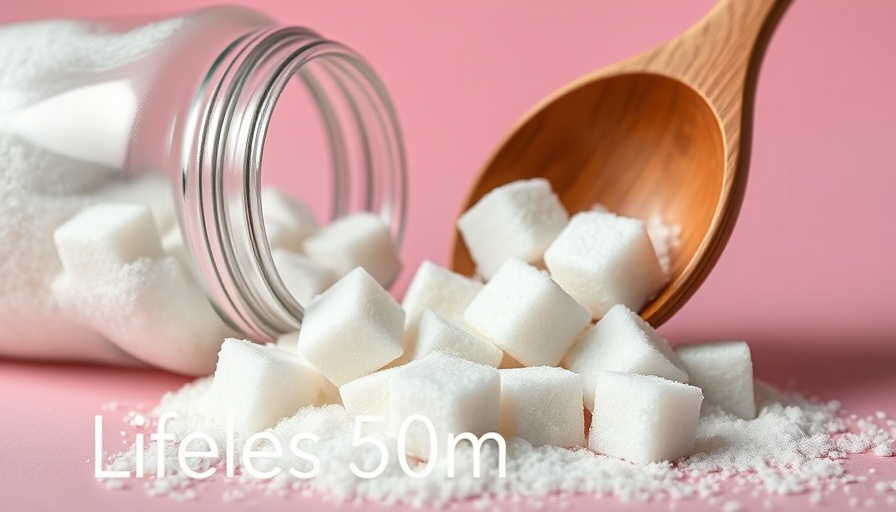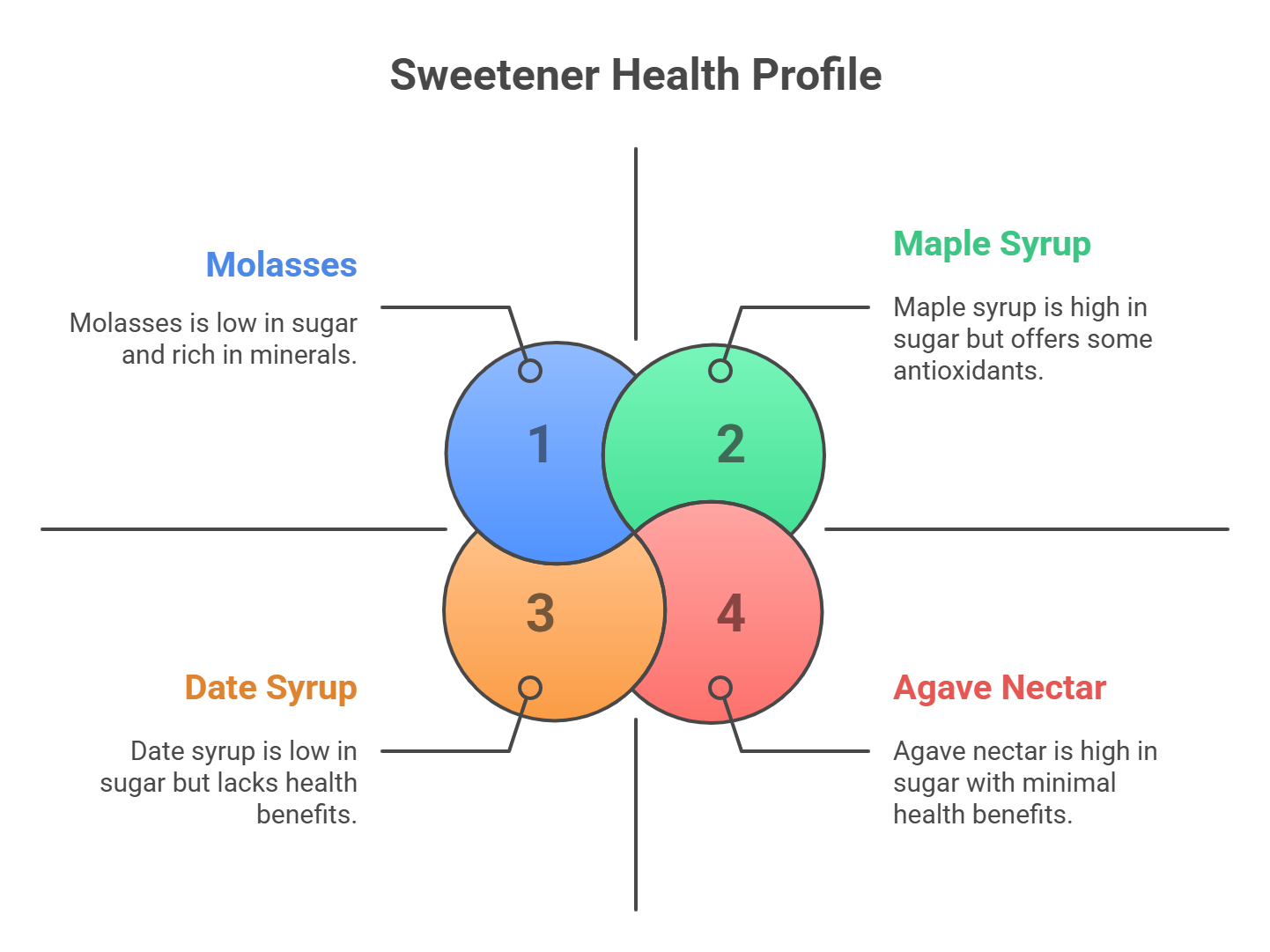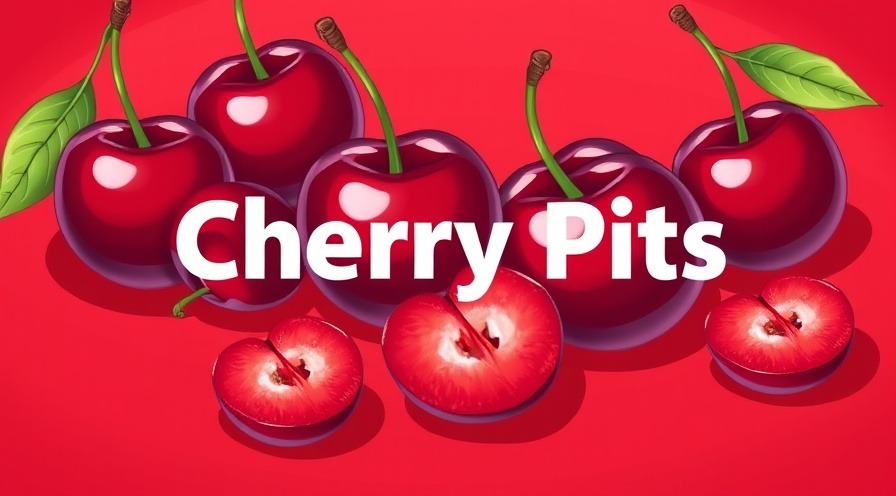
Understanding the Hidden Dangers of Healthy Sugar Substitutes
In our quest for healthier eating habits, many of us turn to alternative sweeteners, believing they're the guilt-free options we need. However, as we uncover the truth behind these labeled 'healthy' sugars, it's crucial to recognize that not all sweeteners are beneficial. While they might be marketed as natural or low glycemic, many of these options can adversely affect our health when overused.
In 8 ‘Healthy’ Sugars and Sweeteners That May Be Harmful, we explore the complex world of sweeteners that our society often misconstrues as healthy. This analysis delves into the issues at hand, guiding you toward informed dietary choices.
The Myth of Agave Nectar
Agave nectar has gained notoriety as a low glycemic sweetener—appealing for those monitoring their blood sugar levels. However, it may come as a surprise that agave is often jam-packed with fructose, sometimes exceeding the levels found in high fructose corn syrup. Excessive fructose consumption has been linked to various health issues, including insulin resistance and weight gain. While it sounds like a better substitute, moderation is key.
Coconut Sugar: Not Just a Health Halo
Coconut sugar is another alternative that many have embraced, commonly touted for its trace minerals like zinc and iron. However, it largely consists of sucrose, the same sugar as table sugar. When consumed in high amounts, it can elevate blood glucose levels, making it less beneficial than it appears. Understanding its composition is essential for making informed dietary choices.
Maple Syrup: Delicious but Dangerous
Maple syrup, often viewed as a more wholesome sweetener, is still sugar-rich. A single tablespoon boasts approximately 12 grams of sugar. While it contains natural antioxidants, its high sugar content means it should be used sparingly. Those with specific dietary concerns, such as blood sugar management, should proceed with caution.
The Sweet Trap of Honey
Raw honey is well-regarded for its antimicrobial properties and antioxidants. Despite these benefits, it remains a simple sugar with high calorie content—17 grams per tablespoon. This can result in spikes in blood sugar, particularly concerning for people managing insulin resistance. While it’s tempting to consider honey a health food, it’s essential to keep its sugar content in mind.
A Closer Look at Brown Rice Syrup
Commonly found in various health foods and labeled as organic, brown rice syrup contains a high glycemic index. This potent sweetener can lead to sharp spikes in blood sugar levels and may even carry trace amounts of arsenic, a worrying factor for those prioritizing safety in their food choices. It emphasizes the importance of scrutinizing labels and understanding ingredients.

Debunking Date Syrup and Concentrated Fruit Juices
When it comes to dates and date syrup, while they're a whole food option and include some fiber, the syrup form becomes concentrated sugar devoid of much fiber. Likewise, fruit juice concentrate often found in snacks can fool us into thinking we are consuming a healthy option. However, the lack of fiber makes it easy to overconsume, rapidly elevating blood sugar. It's vital to choose whole fruits over processed forms to maintain healthier eating habits.
The Case of Molasses
Lastly, molasses is recognized for its iron and minerals but still remains a sugar-heavy substance. Although marginally better than refined sugar, it's crucial for individuals managing their sugar intake to use it sparingly. Understanding these alternatives can help manage sweet cravings without compromising health.
Take Control of Your Health With Informed Choices
Though touting themselves as “natural,” many sweeteners can lead to undesirable health effects when overconsumed. Being aware of the hidden dangers can empower individuals to make choices that align with their health goals. Relying on whole fruits and balanced meals as natural sweeteners can minimize health issues and maintain stable blood sugar levels. As we shift our focus to wellness, let’s keep our sweet tooth in check.
In conclusion, it's important to remember that just because a sugar or sweetener is labeled as healthy doesn't necessarily mean it's free of drawbacks. It's essential to maintain a critical viewpoint on what we put in our bodies. Talk with your doctor or medical professional to find out what is right for you.
 Add Row
Add Row  Add
Add 




 Add Row
Add Row  Add
Add 

Write A Comment